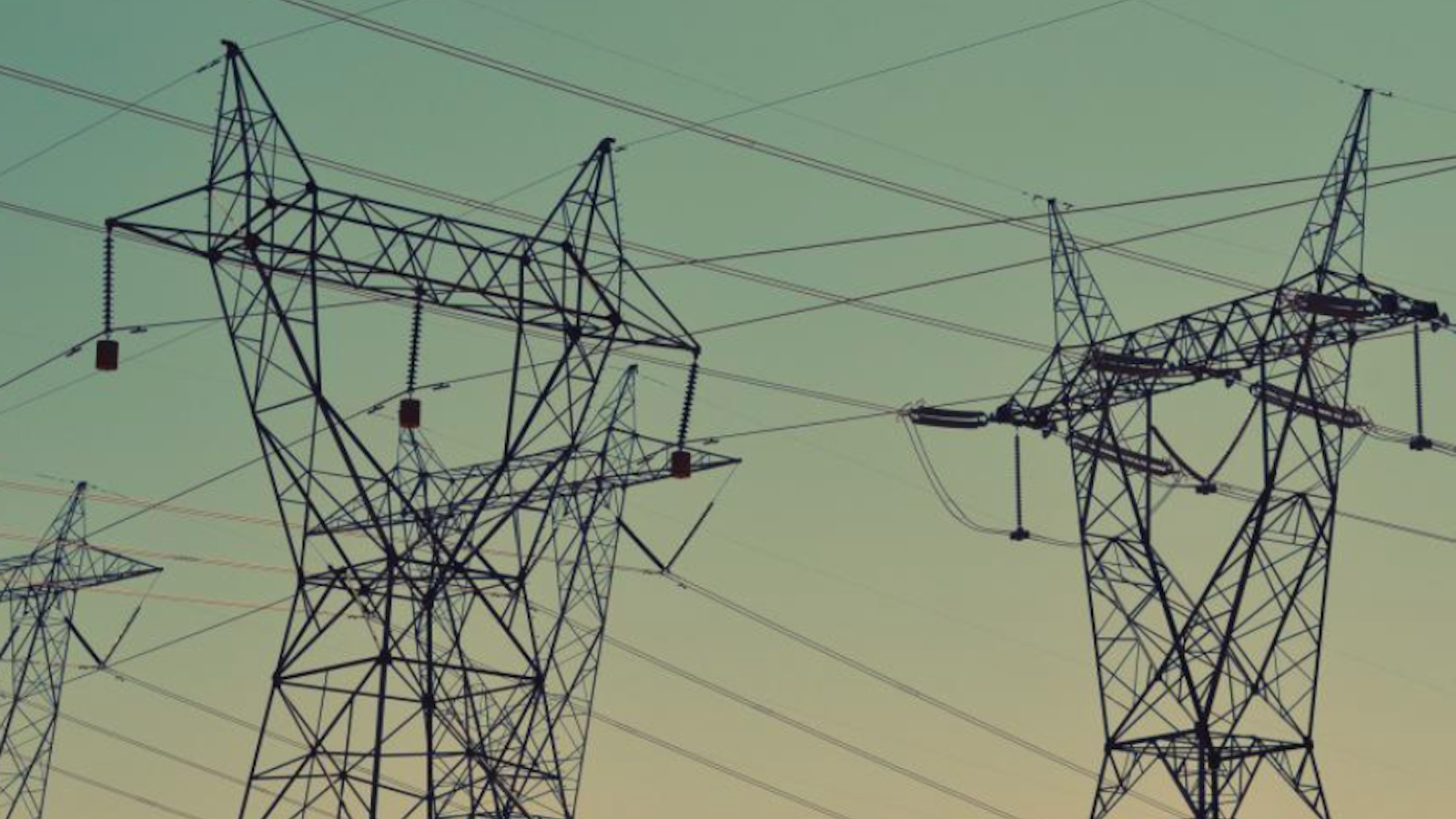AI is a bigger energy vampire than many realized.
Not sure how much longer this system can go on like it is.
Turns out the infrastructure doesn’t appear to be fully in place to handle the demands placed on it by AI.
And this spells trouble for anyone depending on electricity.
You see, AI data centers are overwhelming U.S. power grids, distorting electricity quality.
It’s even endangering appliances, according to a Bloomberg report.
The issue, known as “bad harmonics,” causes erratic voltage spikes and dips.
This could lead to potential appliance damage and rising fire risks.
Data centers in some big cities are consuming massive amounts of energy powering the AI beast.
We’re talking the amount used by 10,000 residential homes.
That means we’re getting distortions and lower quality electricity. Not to mention that bit about increased fire risk.
Best to make sure you’re using surge protectors and ensure your home’s electrical system is up to date.
Also make sure your smoke alarms have fresh batteries.
AI Data Centers Are Causing 'Distortions' in the Power Grid from Coast to Coast #ClimateScam https://t.co/rL6IvEQmsj
— Terri 🏴 (@River_City) January 1, 2025
Breitbart reports:
The rapid growth of AI data centers across the U.S. is not only straining power grids but also distorting the quality of electricity delivered to homes, threatening damage to appliances and increasing fire risks, according to an analysis performed by Bloomberg.
A recent report by Bloomberg claims that the explosive growth of artificial intelligence is putting an unprecedented strain on the U.S. power grid, and it’s not just about keeping the lights on. A new analysis by Bloomberg, using data from Whisker Labs and DC Byte, shows that the mushrooming of data centers to support AI is distorting the quality of electricity delivered to millions of homes across the country, especially in areas like Chicago and Northern Virginia’s “data center alley.”
The problem, known as “bad harmonics,” occurs when the normal flow of electricity in steady waves is disrupted, leading to erratic spikes and dips in voltage. Whisker Labs, which tracks power quality using roughly 1 million residential sensors, found that more than three-quarters of the worst-affected homes are within 50 miles of significant data center activity.
ADVERTISEMENTSustained exposure to distorted power can cause home electronics to overheat, make motors in appliances like refrigerators and air conditioners to rattle, and over time, lead to billions in damages. But experts warn bad harmonics are just the tip of the iceberg, foreshadowing deeper problems engulfing the nation’s power infrastructure.
The core of the crisis lies in the insatiable appetite of data centers, which can suck up 10,000 times more electricity than a single household. The U.S., which operates the most data centers globally, is projected to see a 16 percent surge in power demand over the next five years, triple last year’s estimate, largely driven by new data centers.
This seems like the result of poor planning.
The rapid growth of AI data centers across the U.S. is not only straining power grids but also distorting the quality of electricity delivered to homes, threatening damage to appliances and increasing fire risks, according to an analysis https://t.co/fsuny9WGtQ#powergrid pic.twitter.com/HHEEoT1gCA
— meanguitar (@meanguitar2) January 1, 2025
A new power source will most likely be needed.
Could it be tapping into technology discovered by Nikola Tesla?
AI data centers will be the cause of major power grid disruptions. Already, over 50% of households near data centers experience "bad harmonics" – electrical power flow issues that can damage appliances and trigger blackouts. pic.twitter.com/YCAS0o6lAN
— Logan (@LoganTeix) January 1, 2025
Here’s an AI post to ironically point out the problem:
AI data centers destroying your appliances while pretending to help pic.twitter.com/heYIoIWb8o
— Lea (@lea_gpt) December 27, 2024



Join the conversation!
Please share your thoughts about this article below. We value your opinions, and would love to see you add to the discussion!